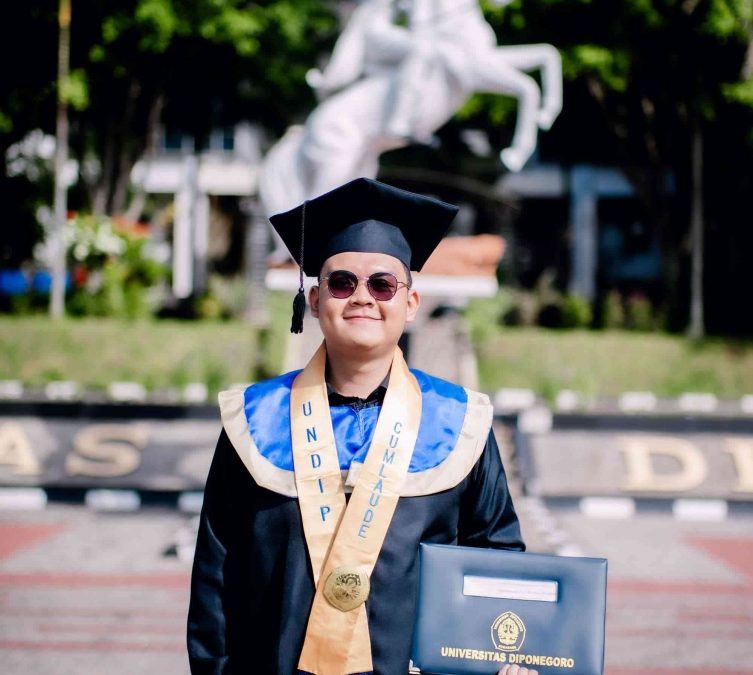The Industrial Chemical Engineering Technology (TRKI) study program at Diponegoro University’s Vocational School (Undip) continues to innovate in improving learning quality to prepare its graduates to quickly adapt to current and future workforce demands. This initiative responds to the growing needs of modern industries that require strong and capable human resources, both mentally and physically.
TRKI Program Head, Mohamad Endy Julianto, emphasized that higher education must constantly develop learning innovations aligned with modern industry needs. To meet this challenge, the TRKI program has adopted a modified vocational education revitalization approach. This includes a dual system integrated with industry, teaching factories combined with project-based learning (PJBL), retooling programs, collaboration with industry practitioners, and involvement of the Professional Certification Institute (LSP).
The results have been remarkable. Many multinational companies now come directly to the campus to recruit future employees. Some students, even before graduating, have been offered jobs based solely on their 7-semester transcripts and professional certifications. Employers include Eternal Tsingshan Group, PT Jaya Trade Indonesia, PT Sutindo Chemical Indonesia, PT Hailiang Nova Material Indonesia, and PT LBM New Energy Indonesia. Four alumni from the TRKI program are currently undergoing a 3-month training in China, including Muhammad Zaki Riadhus Shalihin.
Zaki, a TRKI Undip graduate, shared that landing a job at a multinational company and receiving overseas training is a dream for many students—himself included. Throughout his college years, he was actively involved in student organizations, research with faculty members (including Dr. Eng. Vita Paramita and Mohamad Endy), proposal funding programs (PWMV, P2MD, PMW), competitions (such as business plans and scientific writing), and skill certification programs.
Together with his advisors, Zaki registered seven intellectual property works: four simple patents—ranging from partial hydrolysis processes of sorghum starch to hand sanitizer compositions made from rice waste—and three intellectual property rights (HKI) in the fields of chemical technology and food processing.
With this extensive background, Zaki is now employed at PT LBM New Energy Indonesia, a subsidiary of China’s Lopal Group located in the Kendal Industrial Zone. The company manufactures components for electric vehicle batteries, specifically LiFePO4 (Lithium Ferro Phosphate), which supports the national energy transition agenda.
Zaki considers this job a meaningful start to his career, especially as he received the opportunity to train directly in Sichuan Province, China. During the training, he learned about LFP quality testing, laboratory management, Chinese work culture, and industry systems—experiences he had never encountered in Indonesia.
“It’s an incredible honor to set foot in a country I never imagined visiting,” Zaki shared. He also offered advice to current TRKI students: make the most of your time in college by engaging in positive activities that develop your skills and character.
Regarding job hunting, Zaki highlighted the importance of persistence and daily progress. “Send your CVs every day and keep moving forward. It’s better to be overwhelmed by multiple job offers than to be stuck with none,” he concluded with enthusiasm.


Recent Comments